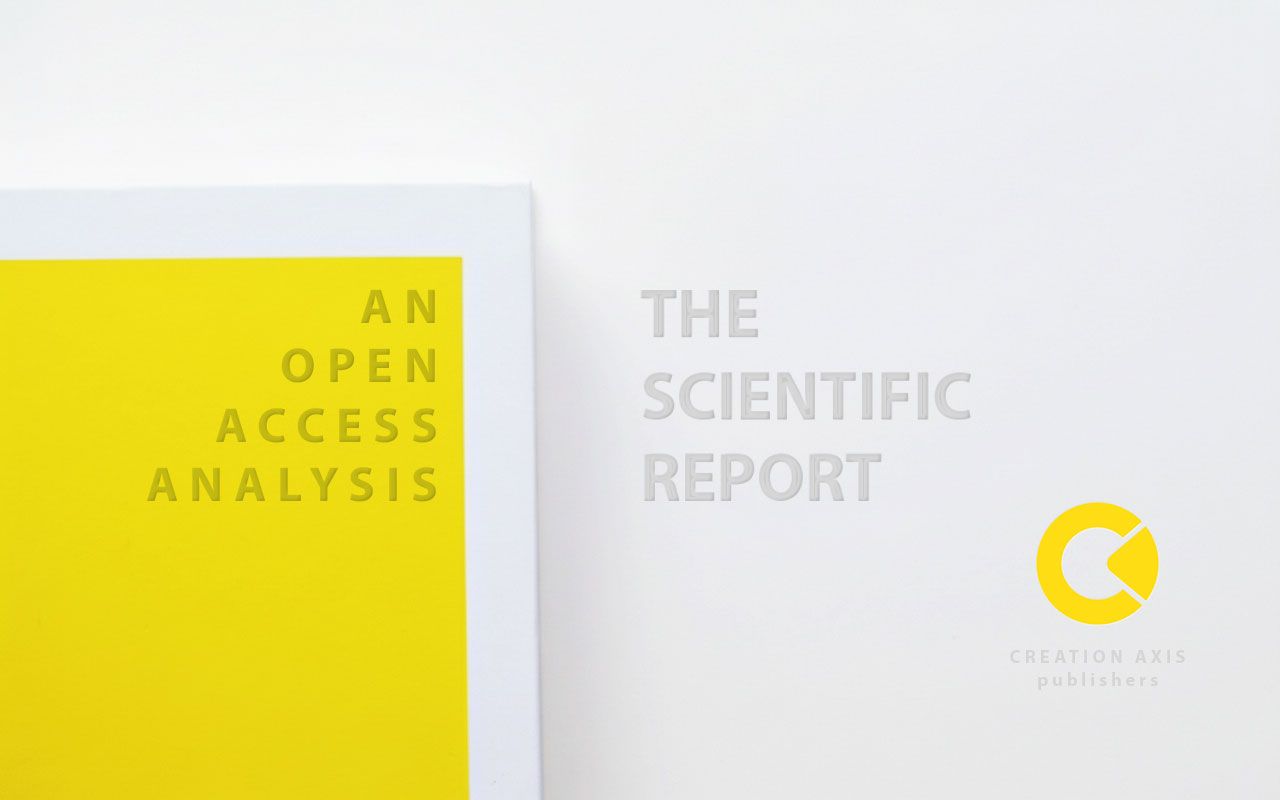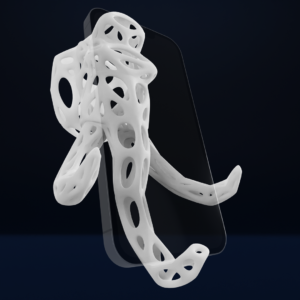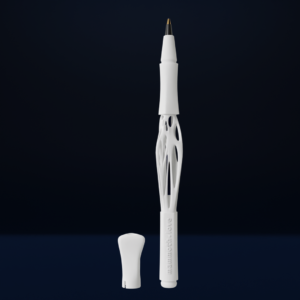The Challenges of Change
A Neuroscientific and Psychological Perspective
By Antonio Caballero, Psy-NS
National University, MBA in Behavioral Analytics | University of California Davis, Psychology and Cognitive Science | University of California Davis, Experiential Design
The Brain’s Primal Alarm to Change
Change, whether positive or negative, is interpreted by the brain as a potential threat to stability and predictability. This triggers a cascade of neurological and physiological events rooted in our evolutionary survival instincts. The brain’s limbic system, particularly the amygdala, acts as a hyper-vigilant alarm, initiating the “fight-or-flight” response long before our conscious mind, the prefrontal cortex, can rationally assess the situation.
This internal conflict between the reactive amygdala and the reasoning prefrontal cortex is the source of the anxiety and discomfort we feel during times of transition. The resulting hormonal surge, primarily of cortisol and adrenaline, prepares the body for immediate action, heightening our senses but impairing complex cognitive functions like planning and creative problem-solving.
Neurological Conflict Zone
Stress Hormone Surge During Change Events
Comparison of average cortisol levels at baseline versus during an unexpected significant life change event.
The High Cost of Resisting Change
While the initial response to change is a natural defense mechanism, a chronic inability to adapt can have severe and wide-ranging negative consequences. This resistance leads to prolonged stress, which degrades mental and physical health, strains personal and professional relationships, and carries a significant economic burden due to decreased productivity and increased healthcare needs.
Economic Impact of Stress from Change Aversion
Estimated annual costs in the U.S. attributed to workplace stress, a major component of which is resistance to organizational change.
Related Health Conditions from Chronic Stress
Increased risk of developing health conditions for individuals reporting high levels of chronic stress versus the general population.
The Path to Adaptation and Healing
The human brain possesses a remarkable capacity for adaptation known as neuroplasticity. By leveraging targeted strategies, we can retrain our neural pathways to respond to change with resilience rather than resistance. Interventions like Cognitive Behavioral Therapy (CBT), mindfulness, and structured support systems help modulate the amygdala’s reactivity and strengthen the prefrontal cortex’s executive control.
Therapeutic Intervention Effectiveness
Average symptom reduction rates for change-related anxiety and stress disorders after a full course of therapy.
The Cycle of Adaptation
Recognize the emotional and physiological response to change without judgment.
Challenge negative automatic thoughts and re-evaluate the change from a neutral or positive perspective.
Practice mindfulness to reduce amygdala hyperactivity and stay present.
Take small, manageable steps to engage with the new circumstances, building confidence.
New neural pathways are formed, leading to increased resilience and personal growth.
References
- American Psychological Association. (2022). Stress in America: Concerned for the future, inflation hits home. https://www.apa.org/news/press/releases/stress/2022/concerned-future-inflation
- Harvard Medical School. (2020). Understanding the stress response. Harvard Health Publishing. https://www.hms.harvard.edu/news/neuroscience/understanding-stress-response
- Hofmann, S. G., Asnaani, A., Vonk, I. J. J., Sawyer, A. T., & Fang, A. (2012). The Efficacy of Cognitive Behavioral Therapy: A Review of Meta-analyses. Cognitive therapy and research, 36(5), 427–440. https://doi.org/10.1007/s10608-012-9476-1
- Pfeffer, J. (2018). Dying for a paycheck: How modern management harms employee health and company performance—and what we can do about it. Harper Business. Referenced in: Stanford Graduate School of Business. (2018). *The workplace is killing people and nobody cares*. https://www.gsb.stanford.edu/insights/workplace-stress-responsible-500-billion-us-health-care-costs
- University of Oxford Mindfulness Centre. (2019). Research findings. https://www.oxfordmindfulness.org/wp-content/uploads/OMC-research-summary-2019.pdf
© 2025 Antonio Caballero. All Rights Reserved.
Infographic generated for research and educational purposes.





